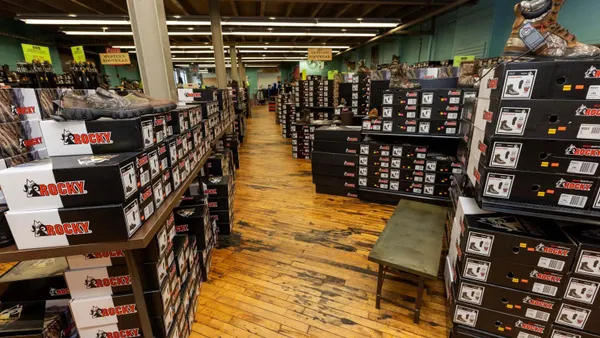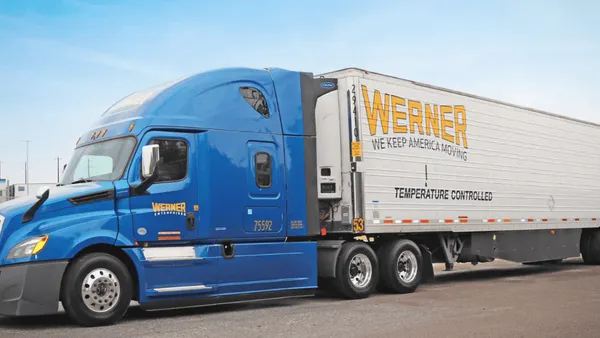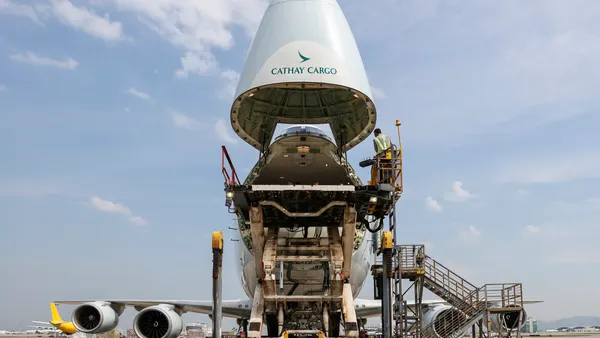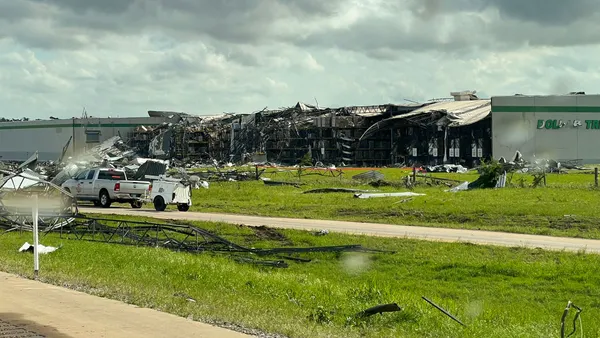UPDATE: Dec. 4, 2018: This story was updated to include statements from Mars and Hershey's.
Dive Brief:
- The Rainforest Action Network (RAN) slammed seven large consumer brands — Cargill, Hershey's, Mars, Nestle, PepsiCo, Procter & Gamble and Unilever — for sourcing from a palm oil supplier linked to forced labor.
- An investigation into Malaysian palm oil supplier FGV, formerly known as FELDA, by the Roundtable on Sustainable Palm Oil (RSPO), found forced labor, human trafficking, unsafe living conditions and dozens of other breaches of RSPO sustainability criteria.
- As a result, RSPO suspended the membership of a mill and four plantations belonging to FGV.
Dive Insight:
A supplier's credibility ripples down the supply chain to its customers, especially when it comes to controversial products such as palm oil.
Now that RSPO has suspended the membership of several facilities belonging to FGV, brands that source from the supplier are faced with decisions on how to move forward — maintaining brand reputation while still ensuring continuity of supply.
"Failing any progress or acceptable remediation solutions, we will not hesitate to take the adequate measures such as suspension or removal of a mill or producer from our supply chain," a spokesperson for Hershey's told Supply Chain Dive in an emailed statement. The spokesperson said Hershey's "immediately" began an investigation after learning of the RSPO sanction.
Large food manufacturers and brands play a role in leading by example and denouncing supply chain practices linked to poor working conditions and forced labor. Plus, their own membership in the RSPO is based on meeting minimum levels of RSPO-approved sourcing.
"Global palm oil buyers ... must hold palm oil companies to account," Glorene Das, Executive Director with Malaysian human rights organization Tenaganita, said in RAN's press release. "We cannot allow these crimes to persist."
A spokesperson for PepsiCo called RSPO's findings "deeply concerning" in a statement emailed to Supply Chain Dive. "We have activated our grievance process and are in contact with our direct suppliers in relation to the RSPO decision." PepsiCo's goal is to source 100% certified sustainable palm oil by 2020.
Mars said since 2013 it has purchased 100% of its palm oil from RSPO-certified sources. The manufacturer also began mapping its palm oil supply chain in 2015 to enhance traceability to the mill level. "Collaboration is critical to making long-term improvements," a spokesperson for Mars told Supply Chain Dive. "[We] are actively engaging with our tier 1 suppliers to confirm next steps for our supply chain."
Unilever told Supply Chain Dive that, as of January 2018, it had suspended its contract with the supplier.
Cargill, Nestle and Procter & Gamble did not respond to Supply Chain Dive's request for comment.














